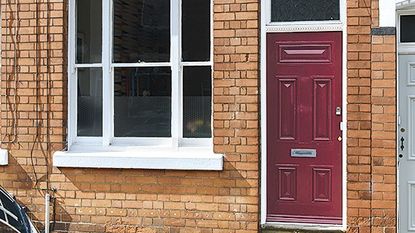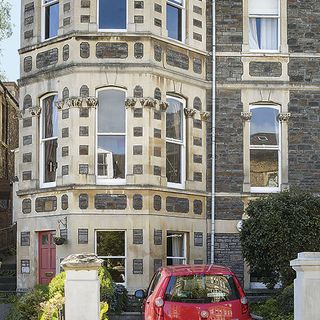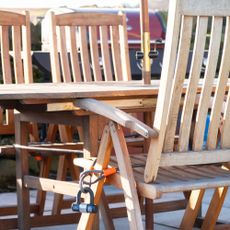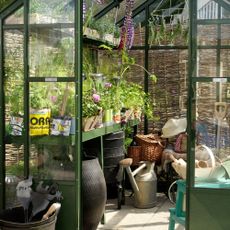The step-by-step guide to renting your home
Before you consider renting your home read our guide to property rentals and lettings

Thinking about renting your home? Whether you are investing in property or simply renting out an existing home, there are plenty of ways to make the most out of your property rental. Follow our step-by-step guide to renting out your space.

1. Do your research
Have a look at the sorts of properties being let in your area and how much rent they are asking for. Be realistic, even if you totally love your small flat, there may be some downsides that will put people off. The more research you do, the better idea you will have about the sort of price you can achieve. Remember you have to pay tax on any earnings you make, so do your sums and check if it is the right option for you.
2.Find a good agent
If you plan to use a letting agent you should also start looking around at the different options in your area, including the service they offer and how much they charge. If any of your friends or family are landlords, ask them for recommendations. A letting agent will charge you a finders/lettings fee (around 7-10%) and a mangement fee (around 6-10%). These will be deducted each month. You will also have to pay a 'Check In/inventory' fee, a fee to draw up the tenancy agreement and other maintenance fees (such as a Gas Safe certificate). If you wish to manage the property yourself it will save considerably on costs.
3. Prepare your home
Before you rent out your property it is worth checking that the boiler and all your appliances are in good working order. It's also good to get an electrician to give your place the once over. Think carefully about whether you want to let your property out furnished. A fully furnished property will attract more people but it does mean you are responsible for the items you provide.
4. References
Once an offer is accepted, the landlord or
letting agent should carry
out referencing checks so they know your tenant (or a guarantor) can
pay the
monthly rent. This process should take around 48 hours and once
completed means you can go ahead and set a move in date with the
tenants. .
5. Tenancy deposit scheme
Most letting agents will sort out the deposit for you. It should be around six weeks'
rent. The deposit needs to be registered with the DPS (Deposit Protection Service). You can do this online, or your letting agents hold the deposit and sort this for you.
6. Siging the tenancy agreement and moving tenants in
You can have clauses added into the tenancy agreement, even obvious things might be worth pointing out (for example keeping a small property ventilated might be a good clause, especially if you have fitted extractor fans and you're expecting tenants to use them). Once the agents have received all the monies and all the necessary paperwork is
signed they can release keys to the tenants at the Check In day. If you are conducting your own Check In remember to make a detailed inventory list. It's also worth pointing out the electricity meter/gas meter/how the boiler works, etc.
Get the Ideal Home Newsletter
Sign up to our newsletter for style and decor inspiration, house makeovers, project advice and more.
7. Ditch the emotions
If you have spent the last 10 years lovingly restoring your
home, prepare yourself for a few difficult moments when you rent it out.
No-one will ever treat your property the way you have and no-one will
know exactly how many woman hours went into hanging that wallpaper or
painting all that woodwork. While you can stipulate conditions on the
tenancy agreement, prepare for your place to get slightly trashed. Trust
us, we're speaking from experience.
8. Save some money
It's worth having a slush fund to cover any repairs that will need to be done - from boilers to washing machines, all sorts of things can go wrong in rented properties. Make sure you are easily contactable. Even if you are not managing the property it is good to be on hand to deal with any emergencies.
-
 Worried about protecting your garden this summer? Here’s how a bespoke security kit can help
Worried about protecting your garden this summer? Here’s how a bespoke security kit can helpKeep your garden safe with the help of BURG-WÄCHTER.
By Sponsored
-
 How to clean garden tools - Top tips to keep your hand tools and trusty lawn mower in check
How to clean garden tools - Top tips to keep your hand tools and trusty lawn mower in checkYes, you really do need to clean your watering can
By Lauren Bradbury
-
 We try De'Longhi's latest superstar bean-to-cup coffee machine
We try De'Longhi's latest superstar bean-to-cup coffee machineThis bean-to-cup coffee machine could curb your habit of buying iced lattes forever.
By Helen McCue